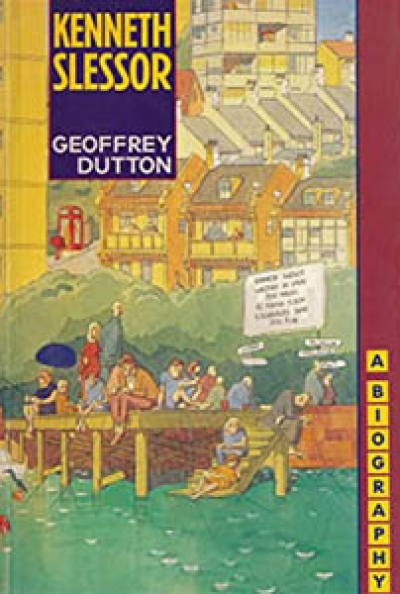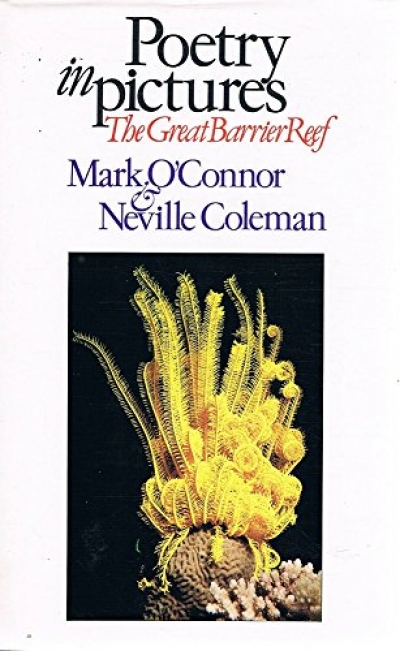Accessibility Tools
- Content scaling 100%
- Font size 100%
- Line height 100%
- Letter spacing 100%
Australian Poetry
He described himself as a ‘no-hoper’ (he died in a mental hospital in the poverty of his poetry and Catholic faith). These days, the label ‘a poet’s poet’ is sufficient to scare off anyone interested in approaching a body of work that is both substantial and challenging. With the publication of this annotated collection, containing most of Webb’s known poetry and extracts from his verse dramas, it is just a little dispiriting to see Webb’s work acquire a whiff of canonical sanctity. A short, cautious introduction by the editors Michael Griffith and James McGlade concludes with the respectful praises of five eminent Australian poets, as if a show of hands from the panel of distinguished experts were enough to explain anything of the enigma of Frank Webb to someone coming across his work for the first time. I think he deserves more. In an age where packaging plays such a conspicuous role, it is time to rescue Webb from the shrine of Tradition and to make an effort towards attracting new readers to a poet who magnificently defies idle curiosity.
... (read more)In his Canberra 1913–1950 Jim Gibbney summarises the indecisions which accompanied the establishment of a site for Canberra around the turn of the century. When finally, in December 1908, Yass-Canberra was decreed the Seat of Government, it brought to a close nearly two decades of hesitation – at least Australia knew where the Federal Capital was to be situated, if not what kind of city it was to be.
... (read more)






